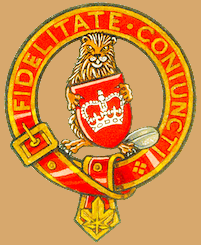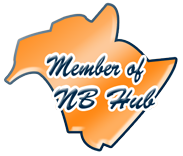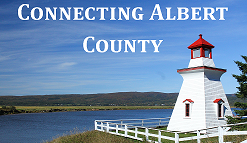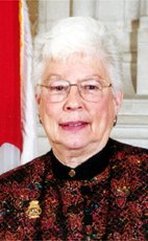It is funny (to me at least) how few policy inquiries actually get responded to. Mostly this is due how busy the candidate is although I did talk to one politician who didn't answer any inquires on the principle that they would not be able to answer every person in the riding if they were to send questions in (try and get your head around that one).
Below are the responses I've received to questions relating to the monarchy. Still aren't as facepalm-worthy as their answers about intellectual property though...
2012 NDP Leadership Race
~Nathan Cullen
"Please know that Peggy has not made any statements on the monarchy. Given that the NDP does not have specific party policy on the monarchy, any decision made by Peggy on this matter would involve consultation with caucus and the membership."
~Etana, Peggy Nash Leadership Campaign 2012
2013 Liberal Leadership Race
~Deborah Coyne
"With regards to your second question: Mr. Garneau's position is that Canadians support the monarchy and the Liberal Party of Canada voted down a resolution to study the role of the monarchy in 2012. Mr. Garneau does not plan to make an issue of it."
~Jean Proulx, Parliamentary Assistant to Mr. Garneau
"I support the concept of merit, versus blood-lines, and in that regard, I'd be happy to have Canada become completely independent from Britain. But to be honest, it's not one of the most important questions facing Canada right now so I'm not going to push too hard on this one."
~Martha Hall Findlay
"At the 2012 Liberal Party Convention, delegates were invited to introduce, debate, and vote on Liberal policy. Delegates explicitly rejected a motion to include severing Canada's ties with the monarchy as part of Liberal policy. My view is that severing our centuries-old connection to the monarchy is not a decision to be made lightly. The monarchy remains a cornerstone of Canada's foundation, and any debate surrounding changes to this institution must include as many Canadians as possible in the discussion."
~Justin Trudeau, Leader of the Liberal Party
2014 New Brunswick Election
~Kris Austin, Leader of the PANB
"My personal views on the Monarchy are that they are an extremely wealthy and powerful group of elites who own an extreme amount of land and holdings via the crown corporation. People need to be educated about them and our countries foundation, parliamentary system, military, navy, and rcmp so that Canada and it's citizen's could move towards actual sovereignty (and a great many other subjects)."
~Ira Wilbur, Green Party candidate for the riding of Albert
"I am not a fan of paying for royals trips to canada, but that said I believe in tradition and my family has supported the monarchy for a long time. I have a hard time accepting anyone receiveing an all expenses paid lifestyle, however, I like Canada being a part of the Comomonwealth. It's part of who we are and one of a number of things that helps distinguish us from the Americans."
~Bill Brewer, PANB candidate forthe riding of Albert
2014 Yellowhead By-election
~Jim Eglinski, Conservative Party candidate
"I don't see any reason for the monarchy aside from nostalgia."
~Cory Lystang, Libertarian Party candidate
"I used to be nostalgic and liked the Monarchy... I enjoy that we retain a loose commonwealth... However, I see a need for reduction in the pomp.. and a greater respect for the people.. I like that here is an ultimate representative for the commonwealth that if necessary could depose a leader, such as the Gov General is able to do... it allows a whole other international level of consultation.. that looks to all voices.. or at least in theory should. Ultimately I like Democracy, and checks and balances for it... how does this all relate to your question.. I always like o have a higher and more experienced authority.. As I see it, the royals are ther to remind us of higher ideals, they too in our times.. have become conduits, representatives of the people.. instead of dictating, they merely look to pass around the Conch.. or in other words the speaking staff... i hope this all makes sense..."
~Dean Williams, Independent candidate
Others
~Michael Nicula, Leader of the Party for Accountability, Competency and Transparency (PACT)
Conclusions
Loyally Yours,
A Kisaragi Colour
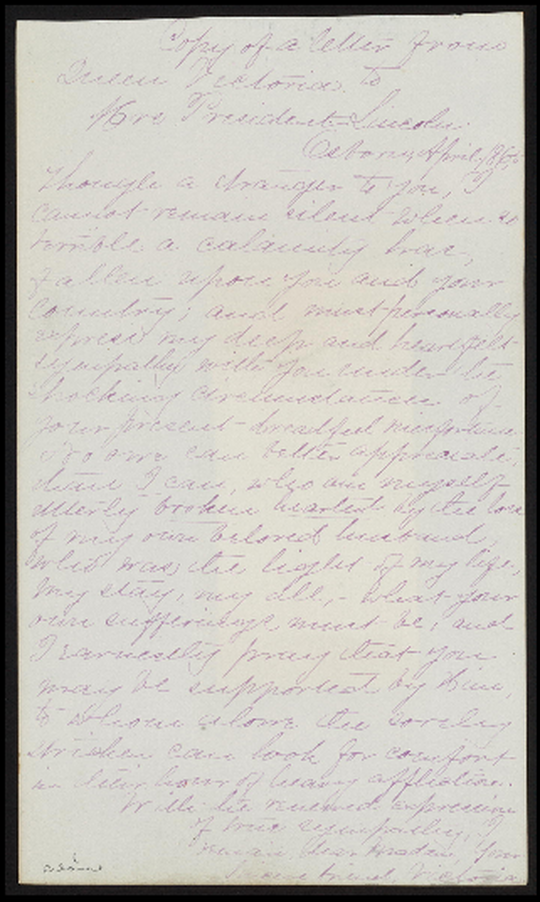
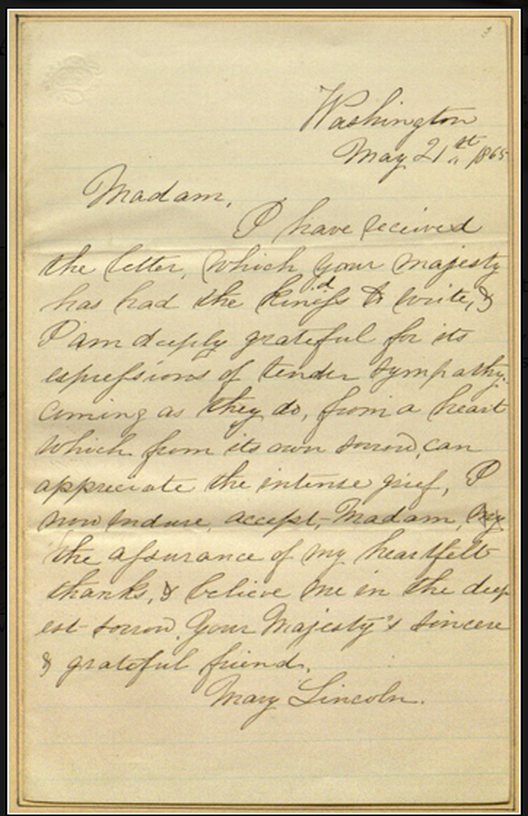

















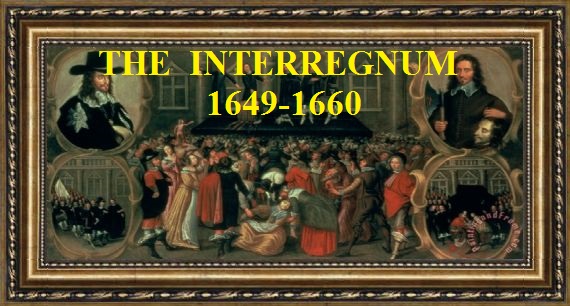

















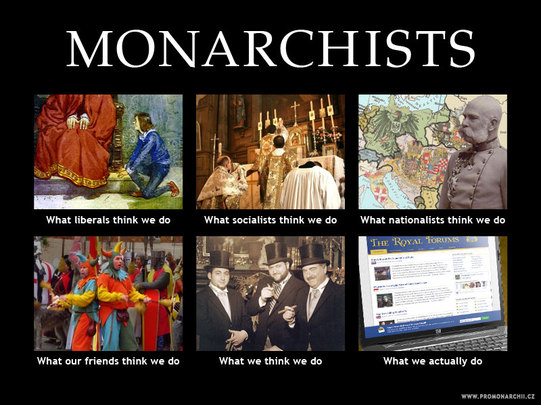
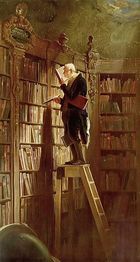
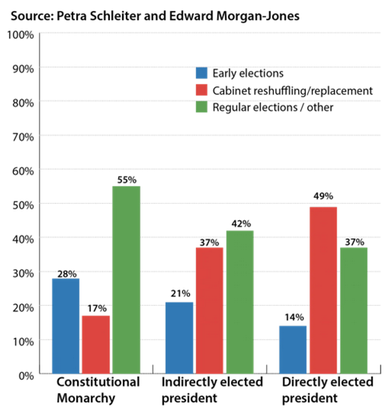

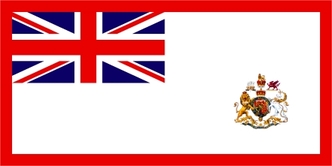
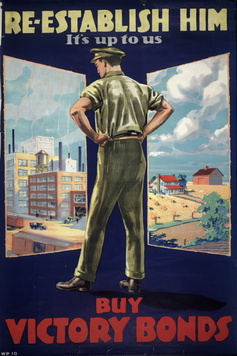
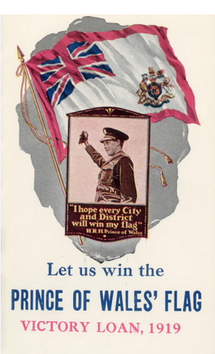

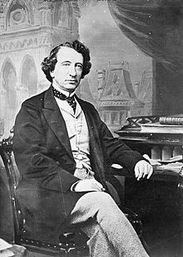
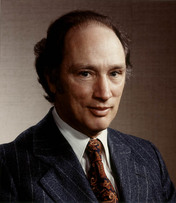
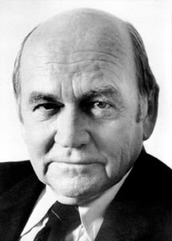
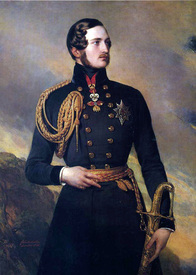
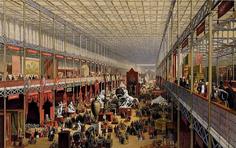
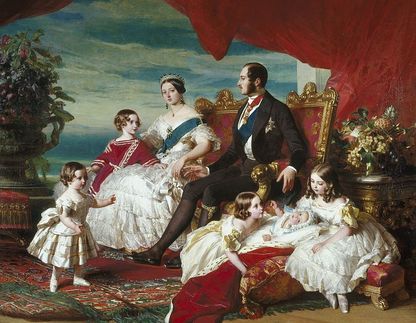
 RSS Feed
RSS Feed
